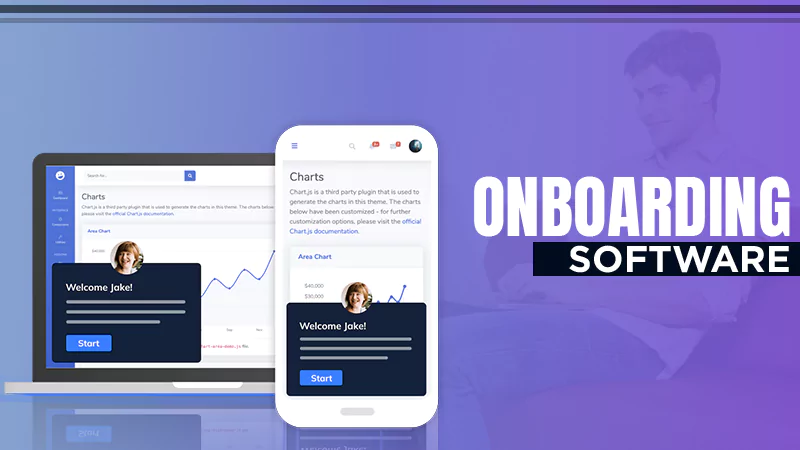5 Tips for Outsourcing HR
Considering outsourcing your HR? Here are some tips to do so.
1. What Functions Should You Outsource?
Companies typically outsource non-mission-critical processes along with tasks that don’t contain confidential information.
You should first get specific on the roles and processes that you want to outsource because there is a multitude of transactions and activities available. Think of the biggest headaches your HR team has faced and the transactions that they perform most often. It is also important to think of the areas where the HR team does not need to give as much input, such as benefits enrollment or answering questions.
HR services, Scotland are specialists when it comes to providing HR services and can bring expertise to your organization that didn’t previously exist. For instance, processes may become more efficient, legally compliant, and standardized.
Still, it is important to consider that HR outsources isn’t always able to take on all roles. Your team will still need to be in charge of strategic aspects such as people analytics, employee experience, and talent acquisition strategy.
2. Whether You Should Follow Standard Processes
Outsourcing HR usually requires you to adopt the standardized processes of the provider. This lets them deliver efficient service at a cost-effective price point. You should be ready to decide whether you prefer keeping your specific processes or adopting those offered by the outsourcing provider.
3. Which Time Zones Allow for Quick Responses?
Whether you operate across the globe or in just a handful of time zones, you should have coverage across your hours of operation. If you operate on a global scale, you might require a “follow-the-sun” model that covers all business hours.
Having adequate response times is one of the biggest needs for coverage across your countries of operation. If you have important processes such as payroll that are only able to move forward with up-to-date and accurate information, you need to ensure that outsourcers not only process but also complete tasks in time.
Whether your business operates in a single country or globally, it is important to have guaranteed service-level agreements (SLAs) that allow for the efficient operation of processes.
4. Quality Vs. Cost
Low prices might be attractive, but they can also have an impact on the level of quality. Without the right level of service, you might find yourself facing issues such as incorrect payroll runs, data inaccuracies, and stalled workflows.
The negative experience can have an impact on the retention and motivation of any staff affected directly by the quality of the outsourcing service. Similarly, if the outsourcer fails to deliver, this may result in incorrect processing and the inability to make legally mandated payments or file compliance reports on time.
5. Data Privacy and Protection Globally
Data privacy and the protection of employee data in various locations throughout the world, especially in the European Union (EU), China, and Russia is governed by various pieces of legislation. In particular, Germany has privacy officers and work councils that may have more stringent requirements than those provided by the General Data Protection Regulation (GDPR).
As a result, you might require approvals and get potentially strong pushback when outsourcing transactions that store or process sensitive employee data outside of where the employees are actually located.
Since you might potentially be transferring data across the globe, it should be securely transported and stored. If your IT team has strong data access requirements, such as strict system authorizations, access tokens, or VPN, you need to consider that.
You may have a large outsourcing team or it could be located in various locations to allow for a follow-the-sun approach. Due to this, both you and your teams may lack adequate access to data and you will have to plan for that in advance.
HR outsources is required to meet the data retention and storage requirements for various data regulations. For instance, the outsourcing processes may have to include purging of the data after it meets the maximum retention time.
Share
















